Ever notice how the people who seem to have it all often trace it back to one idea—one belief that flipped the switch? It’s like they saw the world tilt a certain way, and instead of resisting it, they leaned in and built an empire. Turns out, these game-changing convictions aren’t some secret locked away in a gold vault. They’re surprisingly human, a little quirky, and sometimes even stumble-upon discoveries. The kind of thing you’d hear over coffee with someone who casually just happens to be a billionaire.
We dug into the mindsets behind the money and found the 15 beliefs that these heavy-hitters say changed everything. And no, it’s not just about “working hard” or “manifesting success”—these are the real, gritty shifts that shaped billion-dollar decisions. So if you’re feeling a little stuck or just nosy about what makes ultra-successful people tick, you’re in for a treat. Let’s peek inside their brains (in the non-creepy way).
1. Elon Musk: Reason from First Principles
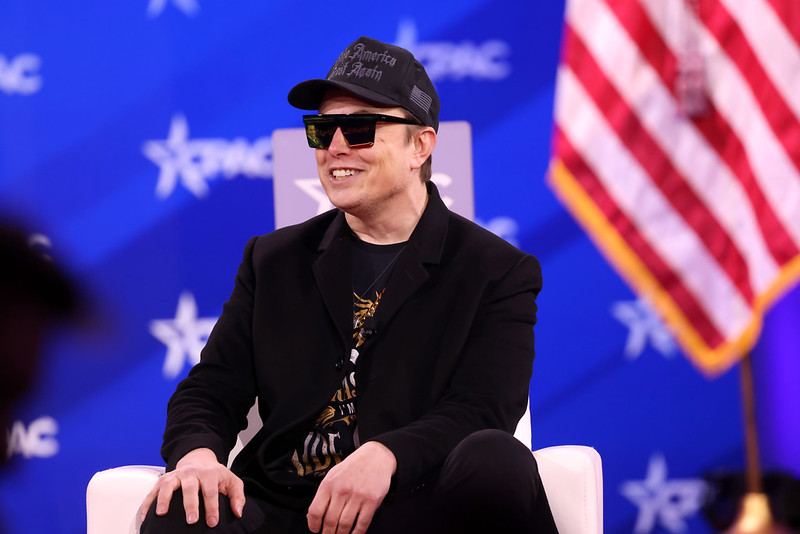
Elon Musk doesn’t just challenge norms—he obliterates them. And it all starts with a belief borrowed from physics: “first principles thinking.” This means breaking a problem down to its most fundamental truths, then reasoning up from there—no assumptions, no shortcuts. Musk’s whole empire—SpaceX, Tesla, Neuralink—has been built on this foundation. When engineers told him rockets couldn’t be reused, he asked why, did the math himself, and built one that landed upright on a boat. In an interview with Wait But Why, Musk explained that reasoning by analogy (aka “this is how it’s always been done”) is the enemy of true innovation.
So instead, he strips everything back to the atomic level—literally. That’s how he rethought battery design, slashed rocket costs, and reimagined public transport with The Boring Company. First principles thinking isn’t just about logic; it’s about curiosity and courage. It means asking dumb questions no one else is asking because they’re scared to look naïve. For Musk, that’s exactly where breakthroughs hide. This belief turns “impossible” into “well, maybe not…”—and from there, into launchpads, gigafactories, and flamethrowers.
2. Bill Gates: Optimism Is a Renewable Resource
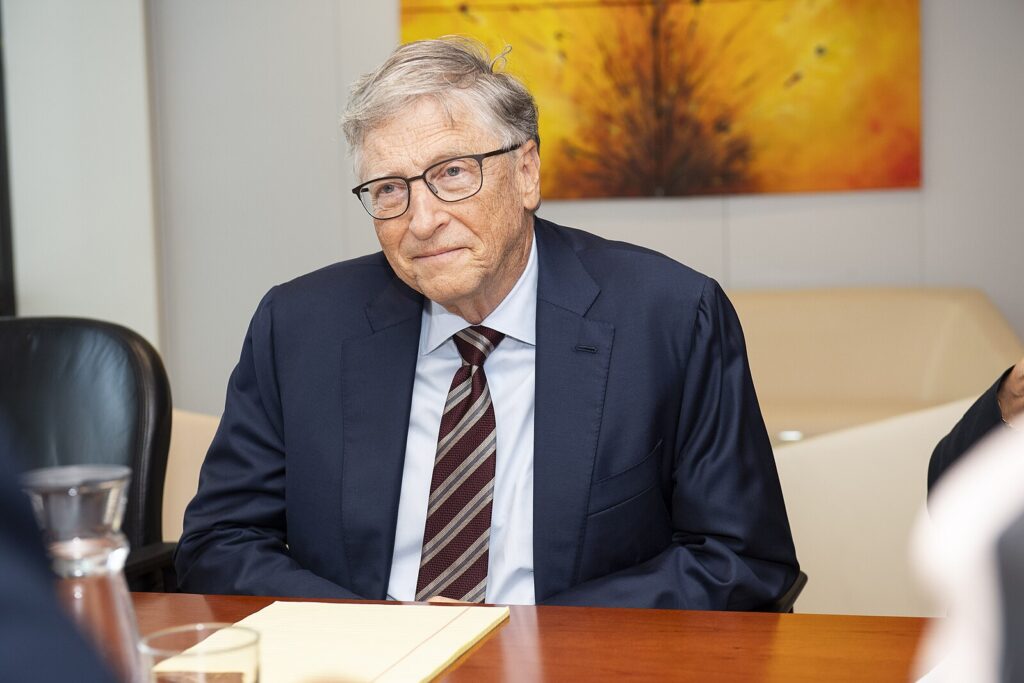
Bill Gates built Microsoft with code and curiosity, but the fuel that really kept him going? Relentless optimism. Even as he’s shifted from tech mogul to global problem-solver, this one belief has stayed front and center. Gates sees the world’s biggest challenges—like eradicating disease or reversing climate change—not as dead ends but as solvable puzzles. And he doesn’t just say that; he bets billions on it. He’s famously said that he’s “very lucky to be an optimist,” and this isn’t blind faith—it’s strategic. In a conversation with The Atlantic, Gates explained that optimism isn’t about ignoring reality; it’s about having the belief that solutions are possible if you look hard enough and act boldly enough.
That perspective is what pushed him to co-found Breakthrough Energy, fund malaria vaccine efforts, and invest in carbon-neutral tech before it was cool. It’s also what lets him take on problems that feel crushing to the rest of us with an engineer’s calm and a dreamer’s vision. Gates approaches every obstacle with a sort of practical hope—like, “Sure, it’s bad… but let’s make a spreadsheet and fix it.” His optimism is why he keeps learning, keeps iterating, and keeps showing up. And that’s the belief behind every crazy-good comeback story: not that it’ll be easy, but that it’s worth believing you can figure it out.
3. Jeff Bezos: Obsess Over Customers, Not Competitors
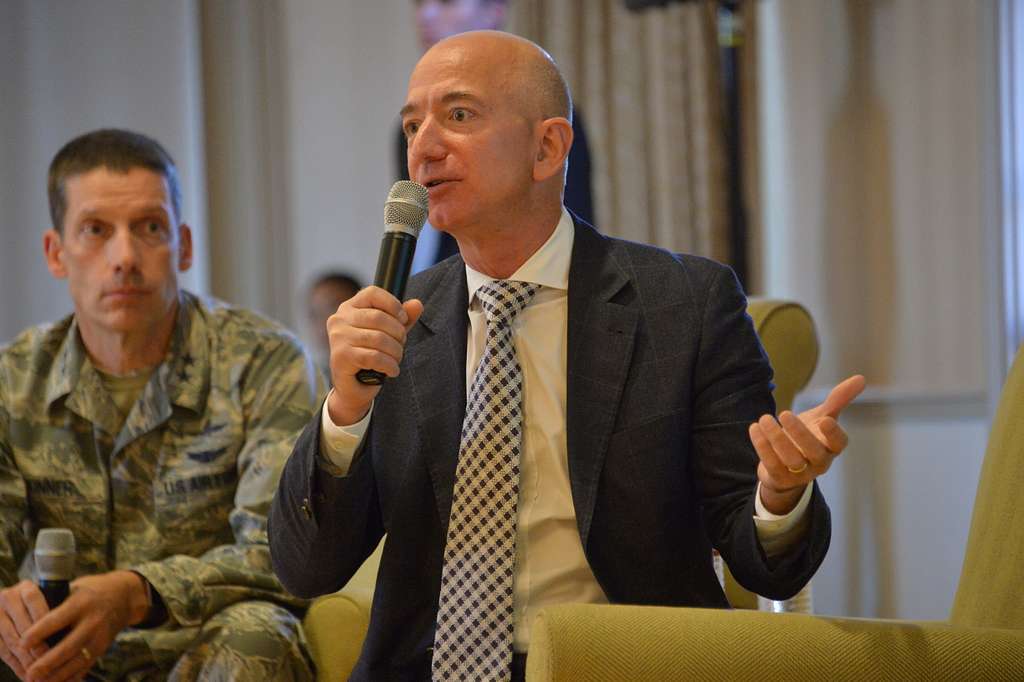
Jeff Bezos didn’t grow Amazon into a global juggernaut by playing defense. From the jump, he was laser-focused on one thing: customers. Not trends. Not rivals. Just regular people trying to get their stuff fast, cheap, and drama-free. Bezos has said that “customers are always beautifully, wonderfully dissatisfied,” and he saw that as an opportunity, not a complaint. In fact, in a profile by Harvard Business School, his team revealed that Bezos practically banned talk about competitors in meetings—everything had to start and end with what the customer wanted.
That belief rewired the way Amazon innovated. It’s how Prime was born, how Alexa came to be, and how same-day delivery became an expectation, not a miracle. While other companies got lost in industry gossip, Bezos built an empire around anticipation. He wasn’t interested in beating the competition; he wanted to beat his own last best effort—all in service of the customer. That kind of obsession doesn’t just shape product roadmaps; it drives culture, priorities, and growth. For Bezos, putting customers at the center isn’t just a business tactic—it’s the business model. Everything else is noise.
4. Oprah Winfrey: “Follow Your Passion—it Leads to Purpose”
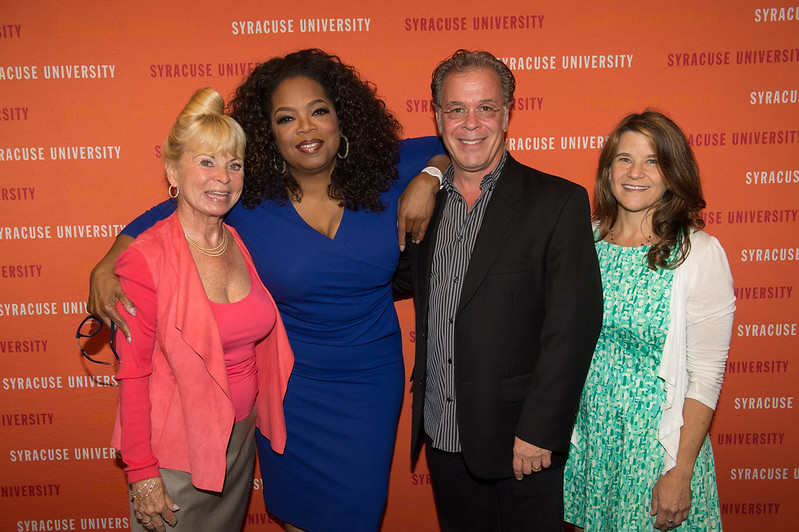
Oprah didn’t become Oprah by chasing ratings—she became a media powerhouse by chasing meaning. From her earliest broadcasts, she believed that the path to real impact—and real success—was through passion. It wasn’t about fame, and it definitely wasn’t about money. It was about showing up for the work that lit her up. In a 2014 interview with Stanford Graduate School of Business, Oprah explained that when she finally stopped trying to be what other people wanted, and instead leaned into what felt true, everything changed. Her show took off not when she perfected her hosting skills, but when she made it personal and purpose-driven.
That belief powered the rise of her book club, her production company, her school in South Africa, and her entire brand of intentional living. Even setbacks became stepping stones, because they clarified what mattered most. Oprah says passion isn’t just about enthusiasm—it’s about resonance. It’s the feeling that you’re exactly where you’re supposed to be, doing what you’re meant to do. For her, that compass never lies. She didn’t just follow her gut—she followed it with intention, and the world followed her right back.
5. Warren Buffett: Know Your “Circle of Competence”
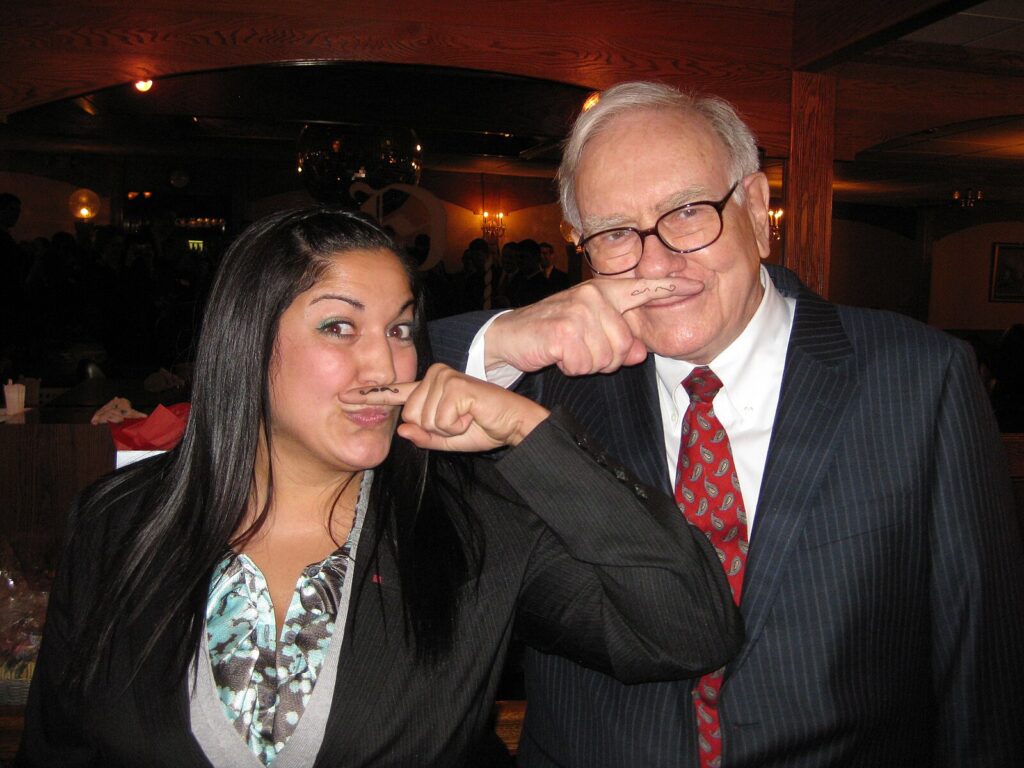
Warren Buffett didn’t build a $700 billion company by chasing every shiny new trend. His secret? He only invests in what he actually understands. This isn’t just a casual preference—it’s a rule he lives by. Buffett calls it his “circle of competence,” and he’s been hammering this idea home for decades. It means knowing what you’re good at, sticking to it relentlessly, and ignoring the rest—even if the rest looks really exciting (hello, crypto and dot-coms). In fact, he’s credited much of his success to this one mental filter. Rather than dabbling in industries he doesn’t grasp, Buffett zeroes in on businesses with simple models, steady cash flow, and predictable behavior.
According to the Business Insider, this belief isn’t just smart investing—it’s a career philosophy. When you know your zone and double down, you gain a deep edge that generalists can’t touch. It’s not about playing it safe; it’s about playing it smart. Buffett’s clarity on what’s “in bounds” has kept him from major losses, while others flailed outside their depth. He’s missed out on trends, sure—but he’s also sidestepped disasters. For him, success isn’t about doing everything, it’s about doing a few things well. So if you’re feeling overwhelmed by all the paths you could take, take a note from Buffett: pick the one that plays to your strengths, and stay in your lane like a legend.
6. Mark Cuban: Embrace Continuous Learning
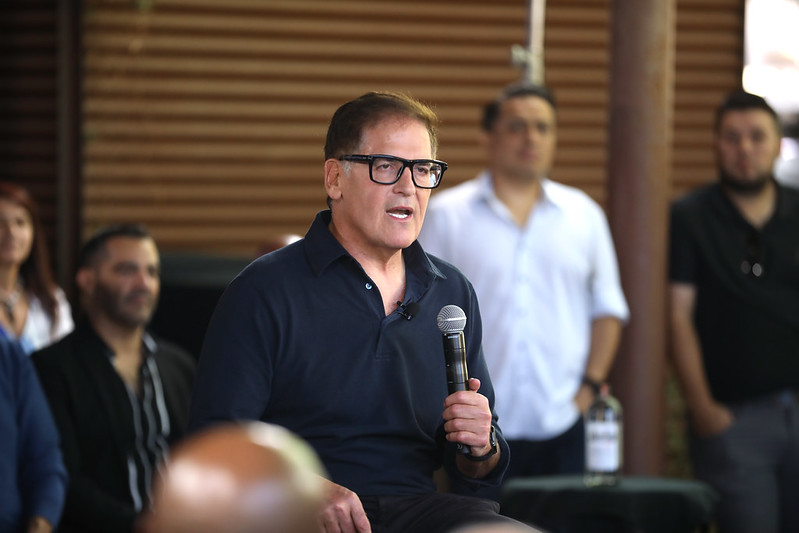
Mark Cuban credits his empire to one belief: never stop learning. He devours books, podcasts, and pitches, staying so curious that even seasoned CEOs call him for hot takes. By treating every setback as a case study, he turned broadcast.com into a multi-billion-dollar sale and then turned around Mavericks losses with fresh strategies. His hunger for knowledge keeps him nimble—every new tech wave is an invitation, not a threat. Cuban’s Twitter is a masterclass in curiosity, where he breaks down blockchain one thread at a time. He argues that stopping learning is the real risk, not failure. And by ingraining this in his companies, he’s built cultures that adapt, innovate, and never get complacent.
In business and life, Cuban says boredom is the enemy and curiosity the cure. That mindset transforms mistakes into Master’s degrees—no diploma required.
7. Richard Branson: Believe in People First
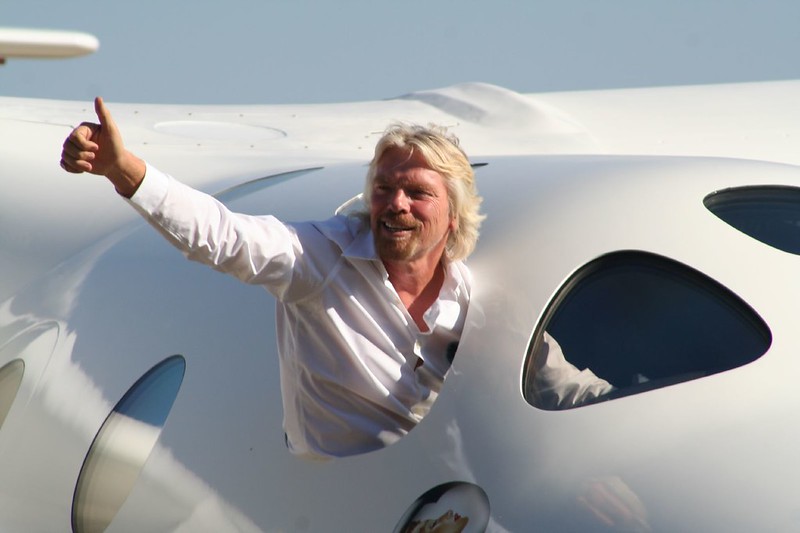
Sir Richard Branson built the Virgin empire on one core belief: value your people, and they’ll value your vision. From handing employees profit-sharing to skydiving with newbies to curb fear, he’s turned workplaces into playgrounds of ownership. This belief isn’t fluffy—it translates into bottom-line results. Happy crews deliver stellar customer service, fueling brand loyalty across airlines, music, and space. When crises hit—like the 2000 Virgin Atlantic tailstrike—he rallied his team by putting them front and center in the recovery. Branson treats employees like co-pilots, not cogs, and they return the favor with fuel-injected loyalty. It’s a symbiotic dance: trust begets risk-taking, which begets growth.
Branson’s people-first ethos shows that businesses aren’t machines—they’re ecosystems of hearts and minds. And when you nurture them, you create magnets for success.
8. Sara Blakely: Failure Is Your Friend
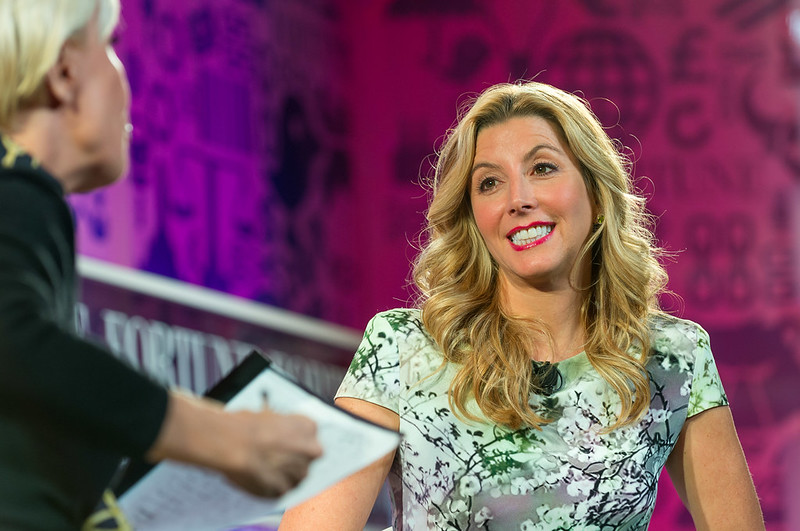
Spanx founder Sara Blakely turned $5,000 into a billion-dollar shapewear empire by embracing one belief: failure teaches you more than success ever could. She treated every “no” from manufacturers and retailers as a badge of honor—proof she was pushing boundaries. Blakely says fear of failure is the biggest barrier to creativity, so she learned to high-five herself for missteps. This belief sparked innovative marketing—like the famous red-flag shipping labels—and guerrilla PR that made her household name. When Spanx flopped in Canada, she laughed, learned the market quirks, and adapted her pitch. Her motto? “Fail faster to succeed sooner.” By reframing setbacks, she built resilience that literal shapewear can’t provide.
In her world, every failure is a red carpet rolled out to your next triumph. She wears her battle scars proudly—and so should you.
9. Gayle King: Authenticity Always Wins
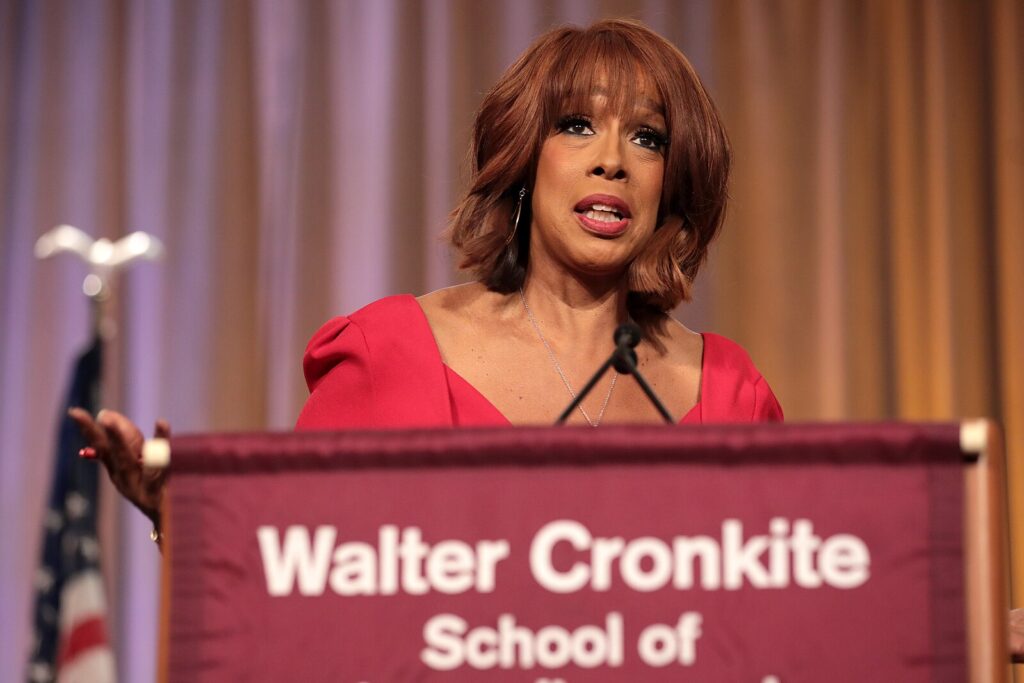
Gayle King credits her decades-long success to one belief: being unapologetically yourself. Whether co-hosting “CBS This Morning” or guest-hosting Oprah’s shows, she’s kept it 100% real—flaws, quirks, and all. This belief forged trust with audiences and colleagues alike, making her the “friend” everyone wants. King says authenticity cuts through noise; people smell fakes from miles away. In boardrooms and red carpets, she dresses, speaks, and laughs as she is—no filter required. This honesty invited Oprah’s friendship and a global platform.
King’s ethos reminds us that charisma isn’t manufactured—it’s revealed. Your true self is your greatest brand asset.
10. Ray Dalio: Embrace Radical Transparency
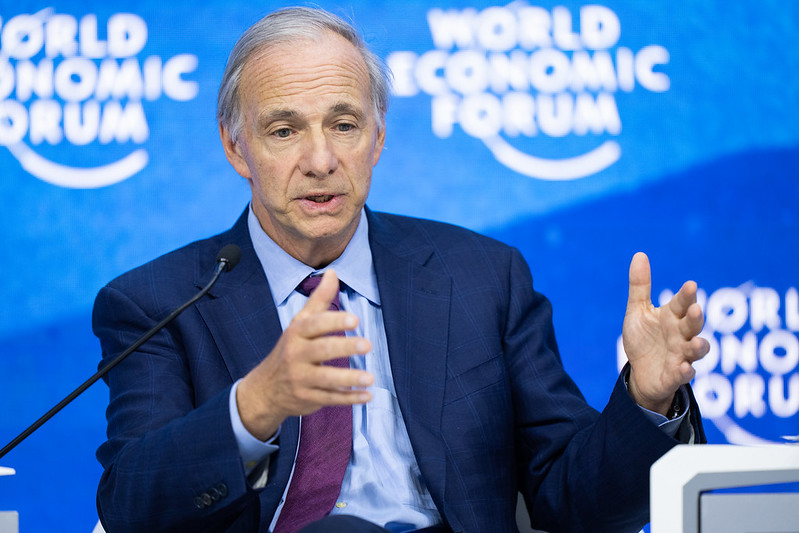
Hedge-fund titan Ray Dalio built Bridgewater Associates on one belief: radical truth and radical transparency. He institutionalized honest feedback—where employees critique bosses in real time—and performance reviews are open books. This belief turned subjective gossip into objective data, fueling better decisions. It’s why Bridgewater avoids echo chambers and why Dalio uses “pain + reflection = progress” as a daily mantra. He treats mistakes like fossils: expose them, learn from them, and evolve.
11. Jack Ma: You’ll Miss 100% of the Shots You Don’t Take
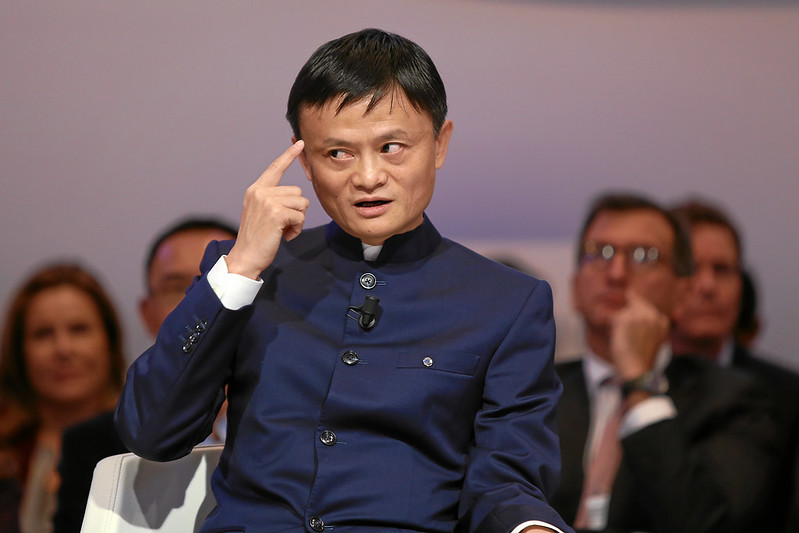
Alibaba’s Jack Ma credits his leap from English teacher to e-commerce mogul to one belief: if you don’t try, you’ve already failed. He chased ideas—like selling Chinese goods abroad—when everyone else was skeptical. After countless rejections from investors and universities, he doubled down on persistence. Ma says failure is built into success; it’s your universal entrance exam. He rehearsed pitches on the streets of Hangzhou until investors took notice.
His “just do it” ethos reminds us that wild ideas need guts, not guarantees. And sometimes, courage is your best business plan. Ma once said, “Today is hard, tomorrow will be worse, but the day after tomorrow will be sunshine”—and he built Alibaba during the storm. He believes the people who win aren’t the smartest or the richest, but the ones who refuse to quit. In his world, trying—and failing—is way less dangerous than never trying at all.
12. Larry Page: Dream in Technicolor
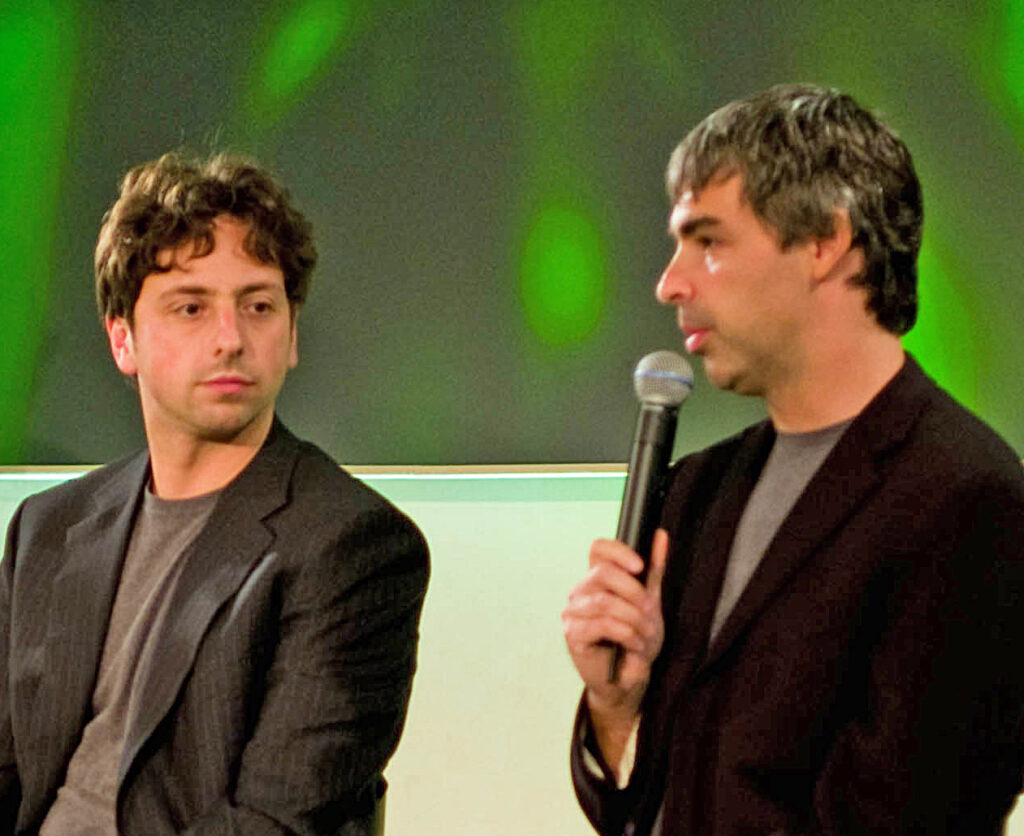
Google co-founder Larry Page thrives on one belief: think 10X, not 10%. When peers optimized ad click-throughs by fractions, he funded moonshot projects like Waymo and Loon. This belief insists incrementalism is for the timid; you should reshape whole industries instead. Page says small tweaks rarely solve big problems—only bold leaps do.
That mindset turned a search engine into a suite of life-changing services. For Page, if your vision doesn’t scare you, it’s not ambitious enough. He’s not just interested in improvement—he’s obsessed with reinvention. His philosophy gave rise to Google X, a lab where failure is practically required and “impossible” is just another starting point. Because to Page, settling for 10% better means you’ve already limited your imagination.
13. Sheryl Sandberg: Lean In to Fear
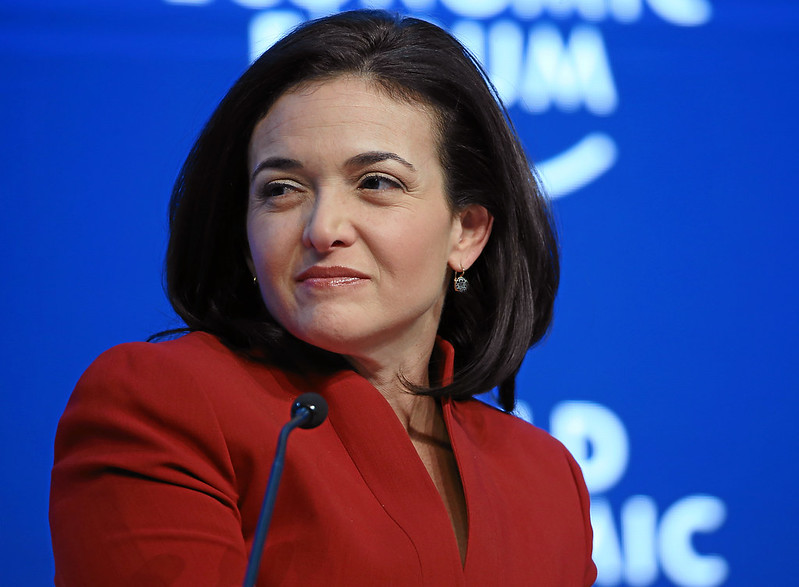
Facebook’s former COO Sheryl Sandberg built her career around one mantra: lean in to fear. Instead of dodging challenging conversations—or boardrooms full of egos—she leaned toward the discomfort. It’s how she negotiated ad rates, managed global crises, and inspired women worldwide. Sandberg says fear signals growth; run toward it, and you expand your comfort zone.
By embracing intimidation as an ally, she turned trepidation into empowerment. And that’s how leaders are made. She believes confidence is a skill, not a trait—and the best way to build it is by doing the hard thing anyway. Whether speaking up in a male-dominated meeting or navigating personal tragedy, Sandberg chose courage over comfort. Her belief doesn’t erase fear; it just refuses to let it drive.
14. Michael Bloomberg: Quality Trumps Quantity
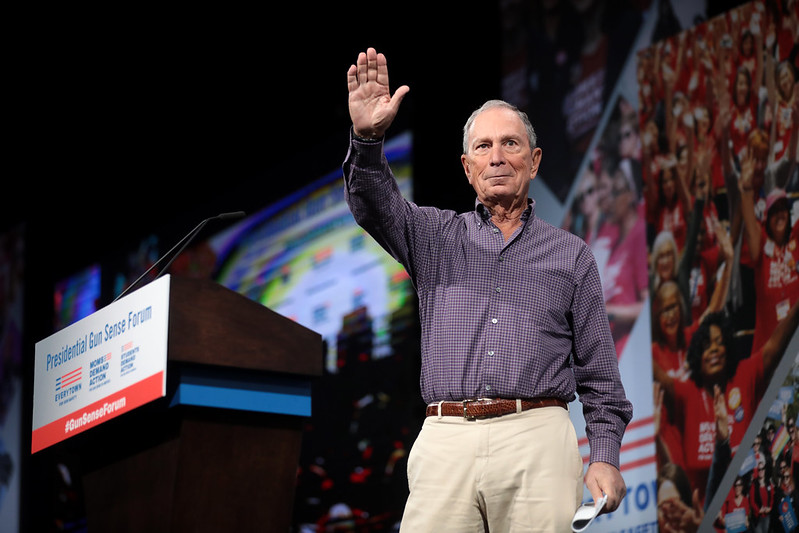
Media mogul Michael Bloomberg’s empire rests on one belief: focus on quality, not quantity. When he launched his financial terminal, he priced it at a premium and refused to cut corners. This conviction meant slower growth—until the market realized unmatched data and analytics were worth every penny. He replicated this in politics, philanthropy, and sports—lifting standards rather than numbers.
15. Rihanna: Build Your Own Table

Global icon Rihanna credits her rise to one belief: if there isn’t a seat at the table for you, build your own. She launched Fenty Beauty because she saw gaps in inclusivity—so she created 40 foundation shades from day one. The beauty industry blinked; consumers roared. Rihanna’s music, fashion, and skincare ventures all echo that spirit: don’t wait for permission, innovate and invite others in.
This article is for informational purposes only and should not be construed as financial advice. Consult a financial professional before making investment or other financial decisions. The author and publisher make no warranties of any kind.








